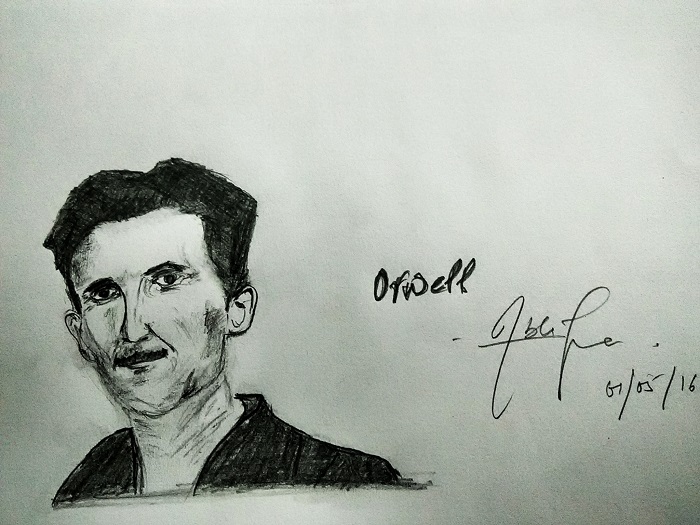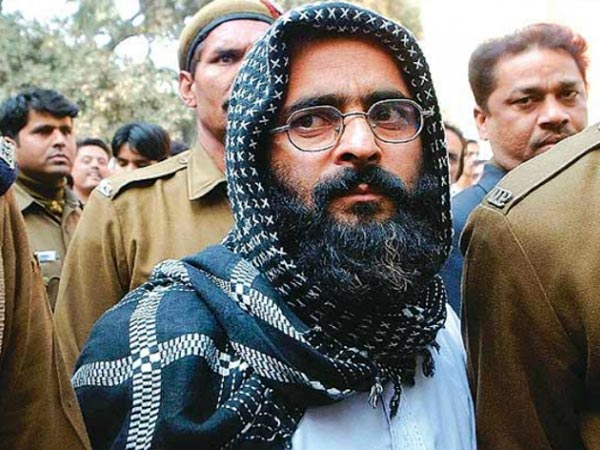“Mitron, humne pakode khaane chaie ki nahi khane chaie?”
“Modi! Modi!”
“Mitron, pakodon ke saath chai peeni chaie ki nahi peeni chahie?”
“Har Har Modi! Ghar Ghar Modi!”
“Mitron, wo chai mmain aapko pilaauunga kyunki mmujhe chai pilaane ka experience hai! Platform pe chai bechne ka dard kya hota hai, ye mmujhe maloom hai!”
Our Prime Minister Narendra Modi in one of his recent interviews asked if a pakoda-seller earning 200 rupees a day could be considered unemployed. Mr. P. Chidambaram who held the finance ministry in the UPA rule has suggested that by Mr. Modi’s logic, beggars should also be considered employed. The twitter town is abuzz with exchanges between sides.
Mr. Modi on his part is frying his pakodas like he always does – well in advance. Like for everything else he does, he also becomes the first Indian Prime Minister to bring pakoda-sellers into the national discourse. However, one may ask, why pakodas singularly? There are other things sold by the street-side entrepreneurs, say, pav-bhaji, vada-pav, 99 types of dosas, etc. Shiv Sena has already laid its claim on vada-pav politics by offering free vada-pavs to Shobha De earlier. Let’s leave pav-bhaji for Uddhav’s cousin in the name of Marathi-Asmita. Dosas would have obviously offended the Dravidian parties for it would have meant Gujarati appropriation. Modi had already used up the khakhra card by waiving off the GST before Gujarat elections. Here, I summon the spirit of Shekhar Gupta of the Walk the Talk, The Print, the NDTV, and the Lutyen’s Dhaba to answer this. Pakodas are eaten across the country in varying forms and with different names. The country is 80% Hindus, so naturally, most of the pakodas prepared are consumed by the Hindus of this country. Mr. Modi being the Hindutva icon that he is, used the case of pakodas to polarise the electorate and gain Hindu votes in 2019 elections.
To be honest, this is the closest thing to confession that voters of this country can get from both the leading parties. Confession 1 – the present Government is selling pakodas in the name of job creation. Confession 2 – the opposition sits unemployed in the sixth row waiting for pakodas. The stage for 2019 elections is set. After spilling chai all over the kurtas and suits of the opposition leaders in 2014, Mr. Modi is all set to play with some pakode ka tel in 2019. P. Chidambaram is making things difficult for Rahul Gandhi by protesting against pakodas. At a time when Rahul Gandhi is looking to increase his pakoda tally from 44 to 545, P. Chidambaram should just fall in line and start begging for more pakodas right away. He will at least have a job that way. All the watering attempts at pakodas are going to cost the Congress party a lot of oil in face with no pakoda in hands.
Image Source – Karnataka for Employment (KFE)





